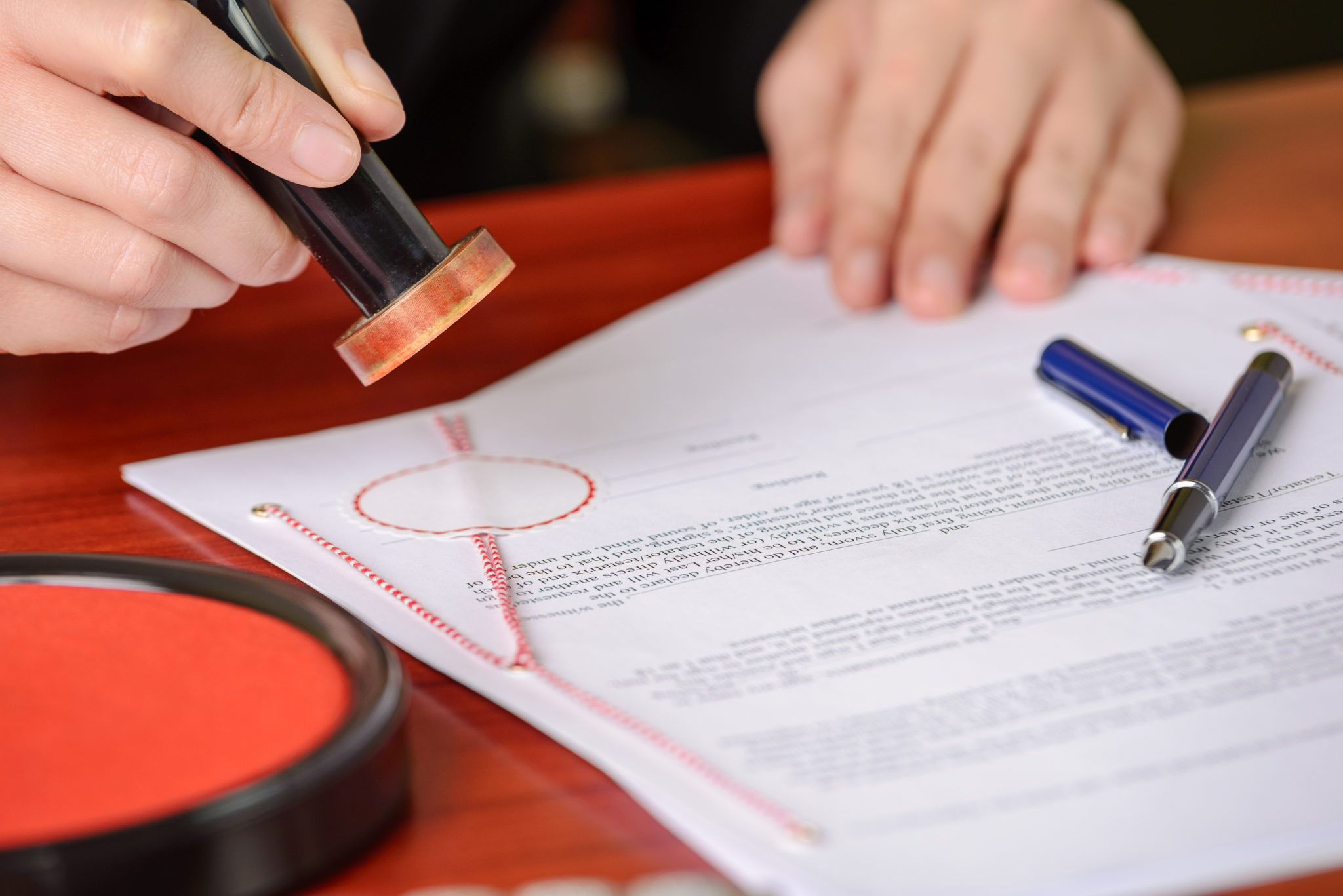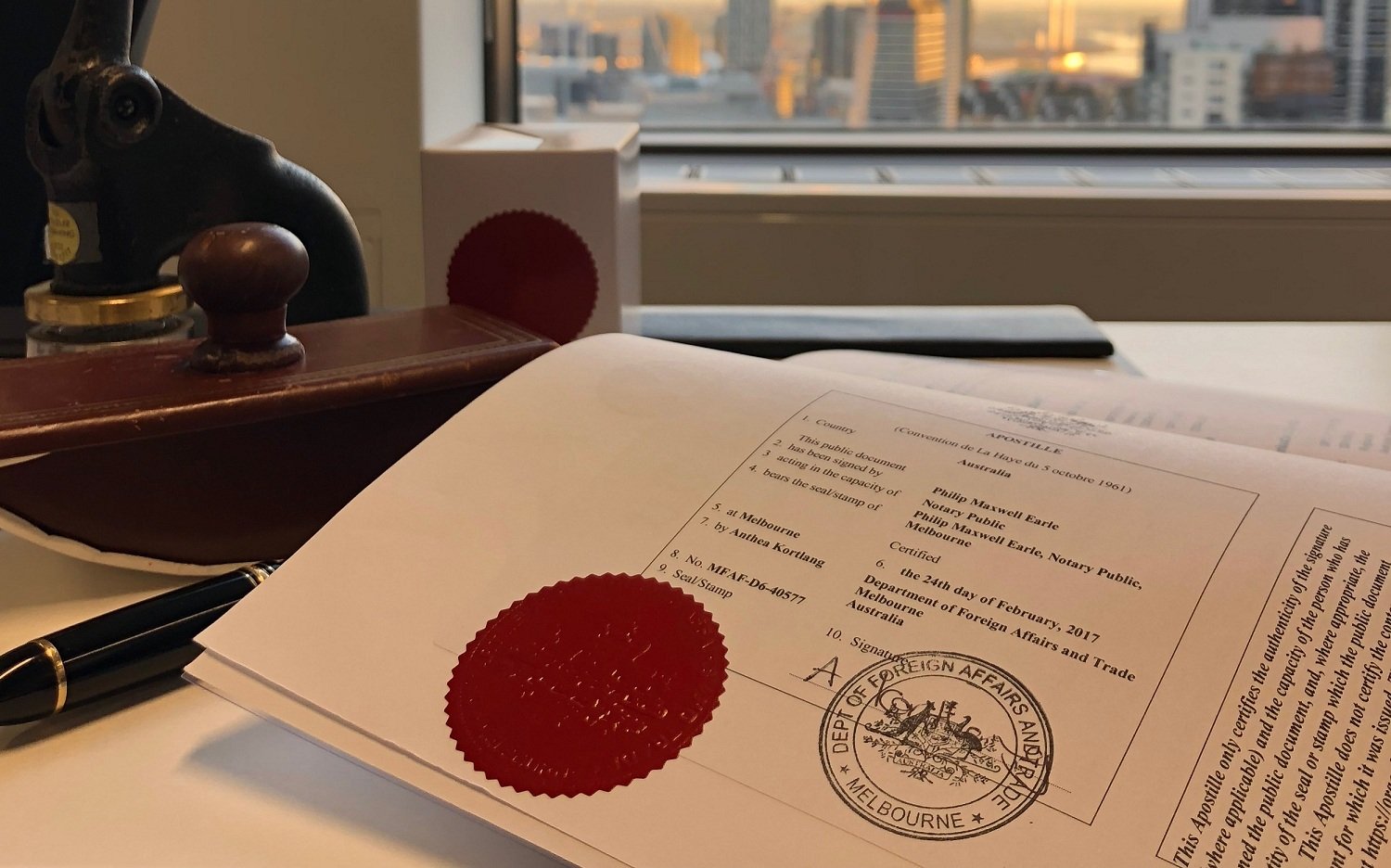Dependable Houston TX Apostille Providers for Your Lawful Files
Dependable Houston TX Apostille Providers for Your Lawful Files
Blog Article
Understanding the Significance of Apostille Accreditation and Why It Is Important for Legal Papers
In the realm of lawful paperwork, the process of confirming and verifying documents for global use is a crucial element that can not be forgotten. Among the different systems offered for this function, apostille qualification attracts attention as a streamlined and globally acknowledged method. Understanding the complexities and effects of apostille accreditation on lawful documents is important for people and companies taking part in cross-border activities. This qualification lugs profound importance in guaranteeing the legitimacy and approval of crucial paperwork past nationwide boundaries, yet just what does it require, and why has it end up being important in today's globalized world?
The Interpretation of Apostille Qualification
Apostille qualification is a customized kind of authentication that confirms the legitimacy of a legal file for global usage. This accreditation is crucial for guaranteeing that files originating in one country are identified as legitimate in another, simplifying the procedure of cross-border deals, legal process, or personal issues like marital relationship or fostering. The Hague Apostille Convention of 1961 developed the framework for this simplified qualification process among participating nations.
To obtain an apostille certification, the assigned authority in the document's country of beginning must verify the document's authenticity before connecting the apostille. Once attached, the apostille ensures that the file will certainly be accepted as valid in any kind of other country that is component of the Apostille Convention, without the requirement for additional accreditation.
Benefits of Apostille for Legal Files
The usage of apostille certification improves the international recognition procedure for lawful papers, providing substantial benefits in facilitating cross-border engagements and legal procedures. One essential advantage of apostille qualification is that it makes sure the authenticity of the document in concern. By connecting an apostille certificate, the record becomes easily accepted in nations that become part of the Hague Apostille Convention, getting rid of the need for additional verification. This not just conserves time but also minimizes the bureaucratic hurdles that commonly accompany international paper verification procedures.
In addition, apostille qualification enhances the general effectiveness of legal treatments by streamlining the procedure of verifying the legitimacy of a document. This is particularly beneficial in situations where time is important, such as in lawful matters calling for swift cross-border activities. Additionally, apostille accreditation assists in promoting trust and confidence among parties included in international deals, as it functions as an around the world acknowledged seal of approval for the file's legitimacy. In general, the advantages of apostille qualification for legal documents are crucial in advertising smoother worldwide engagements and guaranteeing compliance with legal demands throughout boundaries.
Apostille Vs. Legalisation: Secret Differences
When identifying between the processes of apostille qualification and legalisation for legal papers, it is crucial to understand the crucial distinctions in their particular authentication methods. An apostille is a simplified type of legalization that is accepted amongst nations that are part of the Hague Apostille Convention.
On the other hand, legalization is a much more standard technique that includes numerous steps of verification. It calls for confirmation by different authorities, consisting of federal government divisions and international consular offices or consulates in both the releasing and receiving countries. This process can be much more pricey and taxing contrasted to acquiring an apostille. The choice between apostille qualification and legalization depends on the specific Recommended Site demands of the nation where the document will certainly be used. Comprehending these distinctions is vital for making certain the correct verification of lawful documents for worldwide use.
Countries Approving Apostille Qualification

While the Hague Apostille Convention has substantially simplified the procedure of cross-border paper authentication, there are still countries that are not party to the convention - Houston TX Apostille. As an outcome, papers destined for these countries might need typical legalisation procedures with consulates or embassies. It is important for individuals and services managing global purchases to verify the particular demands of the location nation to guarantee conformity with their legal criteria
Steps to Obtain Apostille for Files
To get an apostille for your papers, you should start by identifying the suitable releasing authority in your nation. Once you have actually identified the proper authority, the next step is to ensure that your document meets all the demands for apostille certification.
After validating that your file satisfies the standards, you will certainly need to submit an apostille application given by the issuing authority. This kind will certainly call for information regarding the document being authenticated and the nation where it will certainly be used. Together with the completed application, you will likely need to send the initial document, a duplicate of your recognition, and any suitable charges.

Verdict
Finally, apostille certification plays a crucial duty in making sure the authenticity and credibility of lawful documents for worldwide use (Houston TX Apostille). Understanding the significance of apostille certification is essential for individuals and companies browsing the complexities of legal issues and cross-border transactions. By getting apostille qualification, events can streamline the procedure of document verification and verification, eventually saving time and sources in the international field
To acquire an apostille certification, the marked authority in the paper's country of beginning must validate the paper's authenticity prior to affixing the apostille. Once attached, the apostille makes certain that the record will certainly be accepted as valid in any various other nation that is component of the Apostille Convention, without the requirement for further certification.
By connecting an apostille certification, the document ends up being easily accepted in nations that are component of the Hague Apostille Convention, eliminating the demand for additional authentication.Differentiating in between apostille certification and legalization discloses the differing acceptance of these verification approaches throughout various countries, with some countries particularly identifying and sticking to the apostille procedure. The apostille certification is widely approved among countries that are part of the Hague Apostille Convention, which currently has 118 participant states.
Report this page